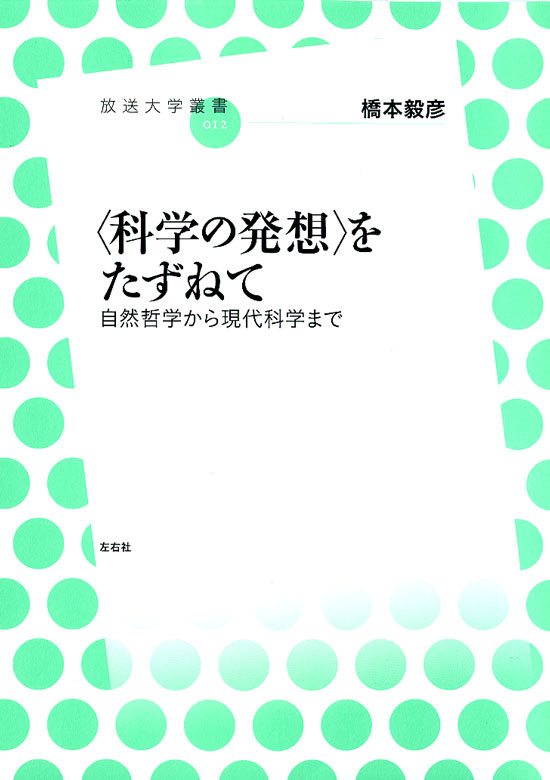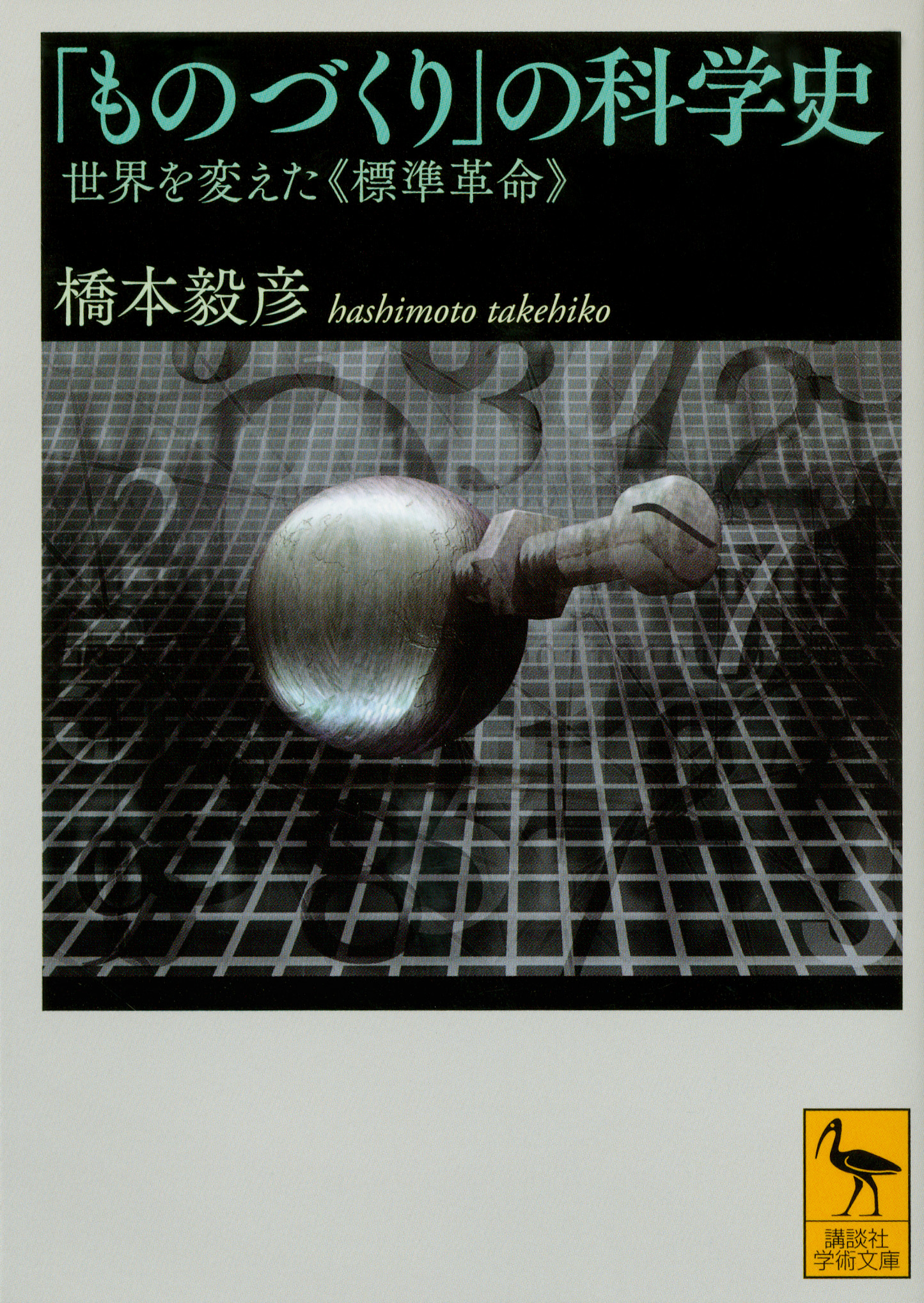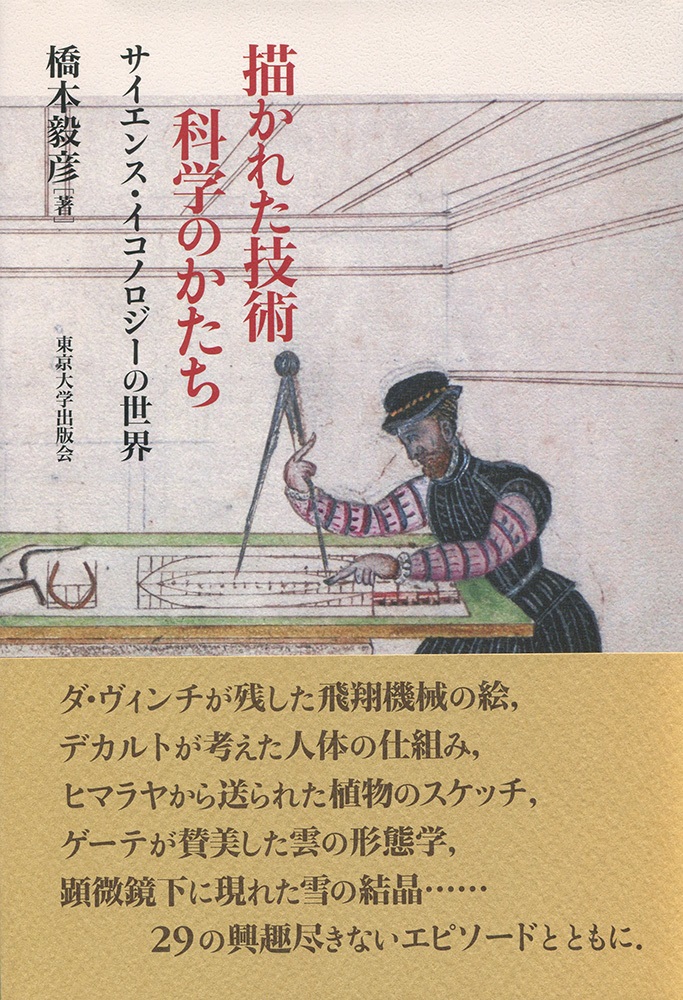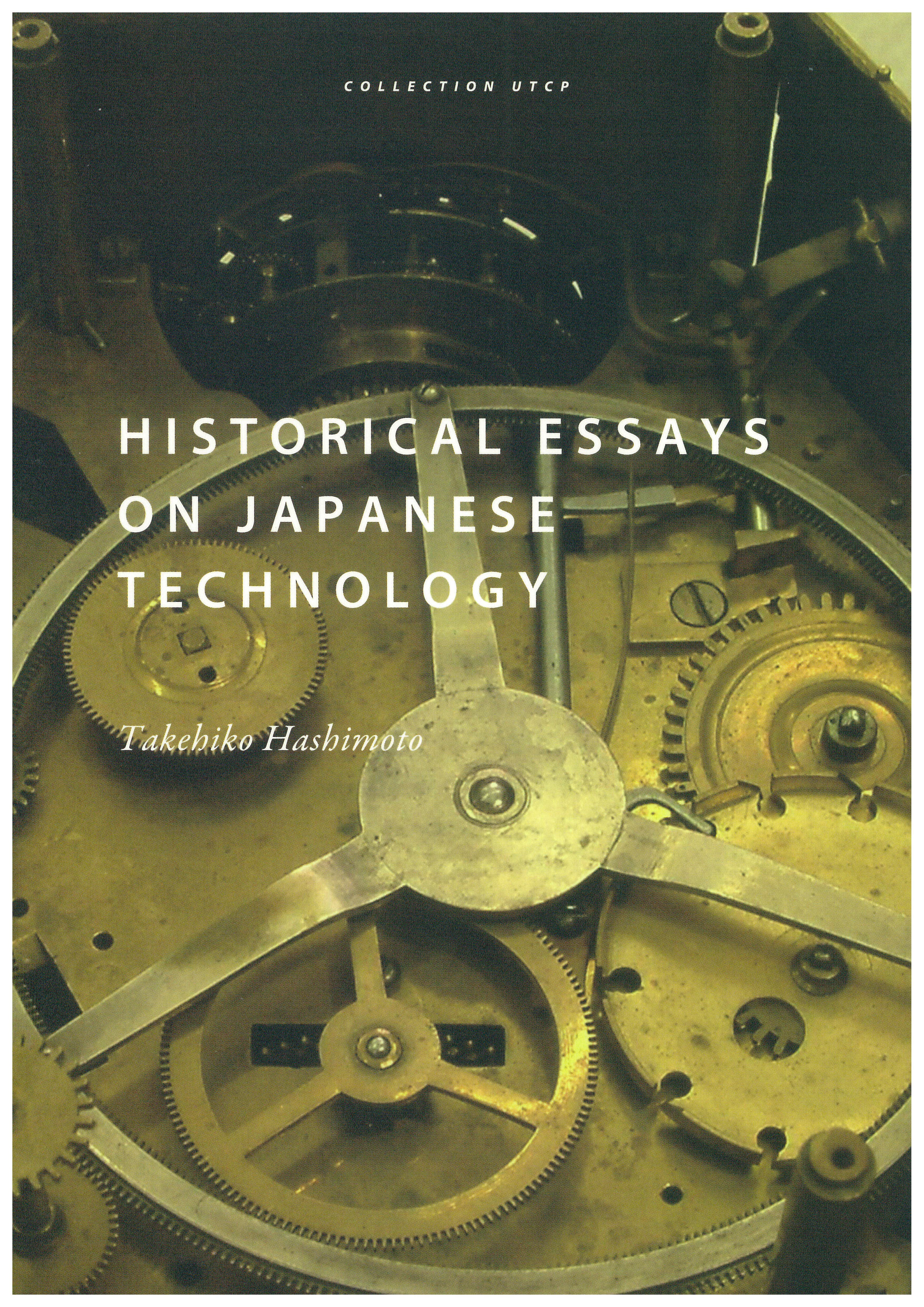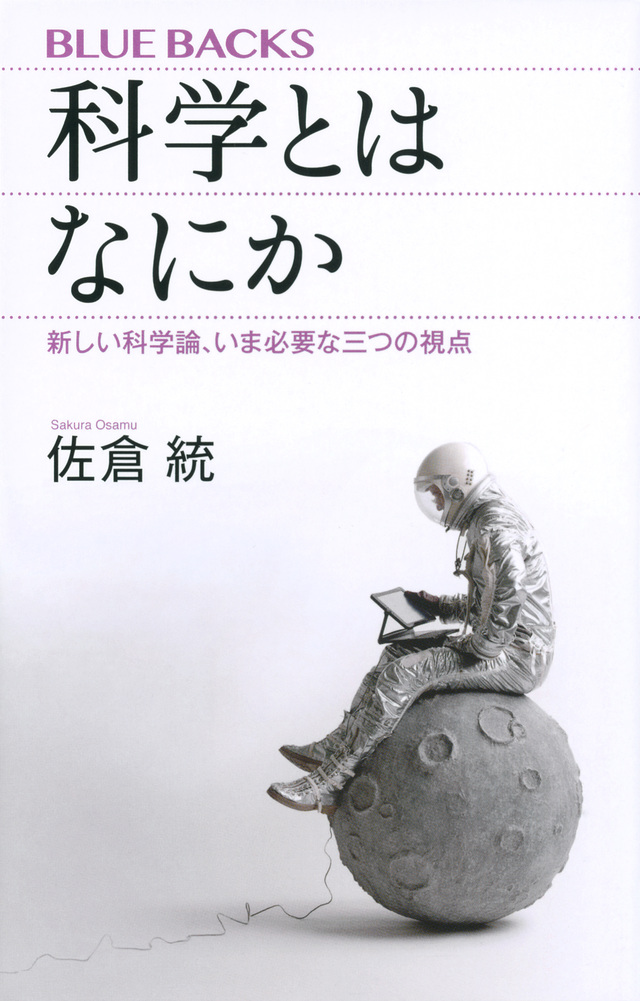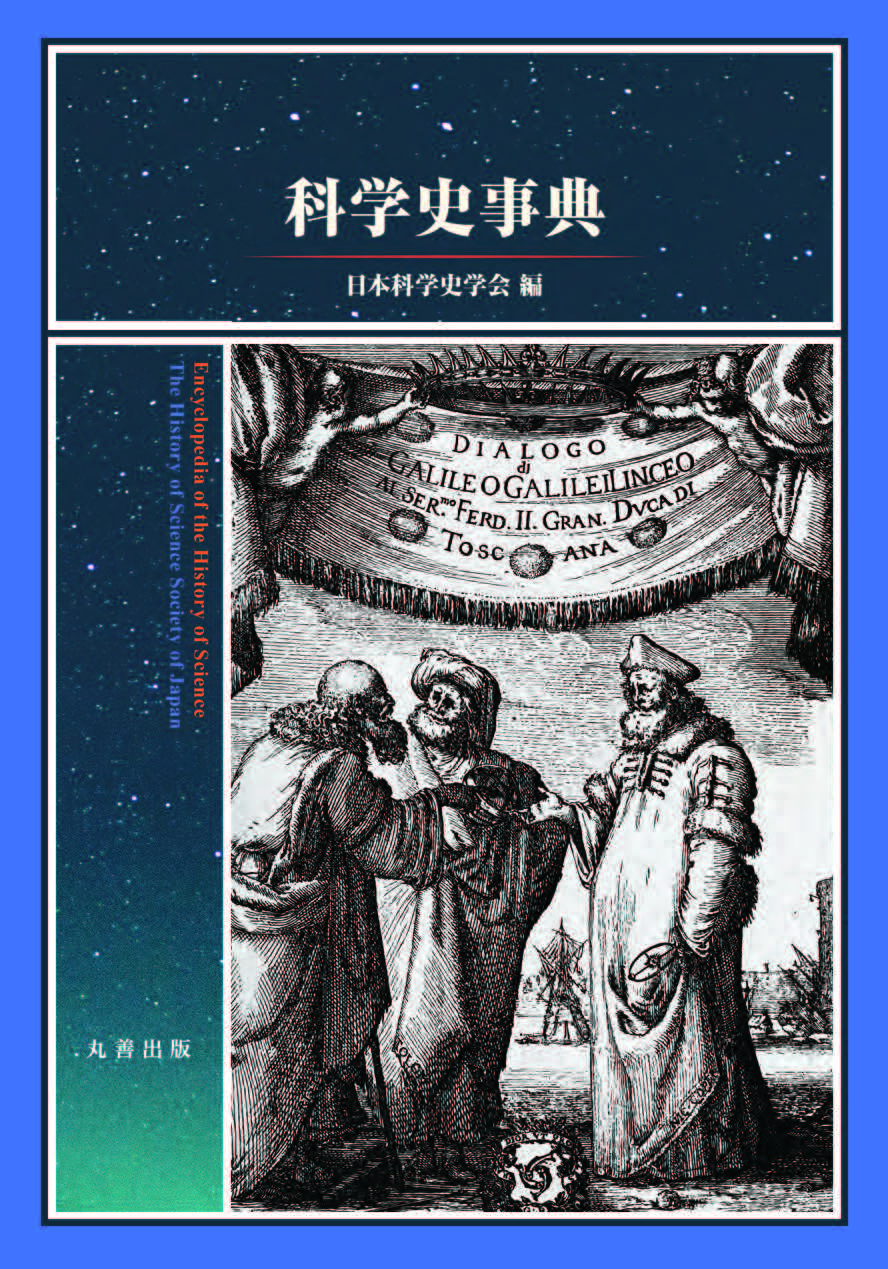
Title
Kagakushi Jiten (Encyclopedia of the History of Science)
Size
758 pages, A5 format
Language
Japanese
Released
May, 2021
ISBN
978-4-621-30606-2
Published by
Maruzen Publishing
Book Info
See Book Availability at Library
Japanese Page
Several scholarly societies have recently edited encyclopedias in their respective scholarly disciplines and have had them published by Maruzen publishing company. This encyclopedia is also edited and published by the History of Science Society of Japan. I introduce the book here as I have served as a managing editor. Furthermore, several contributors of this book are graduates of the Department of History and Philosophy of Science that I am affiliated with.
Encyclopedias on the history of science and technology published in Japan include the one published by Kobundo in the 1980s, and those on the histories of chemistry and mathematics published in recent years. Similar to other recent disciplinary encyclopedias published by Maruzen, the present encyclopedia is also composed of two- or four-page articles on history of science topics that were deemed essential by us, the editors, in recent times. Following the decision of Professor Ken Saito—the chief editor of this encyclopedia as well as then President of the Society—orthodox disciplinary topics are included in Part 1 and socially relevant contemporary topics are collected in Part 2 titled “Science in Society.” In particular, the last chapter in Part 2 is titled “Nuclear Power,” and includes articles on topics such as the development of nuclear weapons and the accident of Fukushima Daiichi nuclear station.
Part 1, in contrast, consists of chapters on historiography of science, and the history of mathematics, physics, chemistry, biology, geology, and of Japanese science. Exemplar topics in the four chapters are as follows: scientific revolutions, science and Christianity, and science in various countries in Chapter 1; disciplinary topics in the history of science such as “the invention of proof,” “the birth and development of mechanics,” “alchemy,” and “virus” in Chapters 2 and 3; and topics from “establishment and development of wasan” in the Edo period to “investigations in the empire” in the 20th century in Chapter 4. In Part 2, besides the last chapter, the titles in the four other chapters are: “science and society,” “life sciences,” “science and the environment,” and “science, nation, and industry”; these chapters contain articles on the social responsibility of scientists, the pandemic, and science and technology in the two world wars.
As a matter of fact, Professor Saito, the chief editor, is my classmate who graduated from the Department of History and Philosophy of Science. He was the primary driving force for producing this encyclopedia, and we as managing editors did our best to assist him in the completion of this editorial project. Toward the final days, I had to hastily compose an article which we was missing but indispensable; moreover, we had to add a few sentences to the one written by an author who unfortunately passed away before the book’s completion. I have recounted some episodes and thoughts in an article published in Kagakusi Kenkyu, the journal published by the History of Science Society of Japan.
Science not only contributes to driving and controlling contemporary society but also occasionally leads to generating social issues. To understand such science, it is suggested to study the contents of science itself as well as obtain knowledge and information on the history of science, which views science from outside with a historical perspective. I believe this encyclopedia has succeeded in offering such knowledge and information.
(Written by HASHIMOTO Takehiko, Professor, Graduate School of Arts and Sciences / 2022)



 Find a book
Find a book


